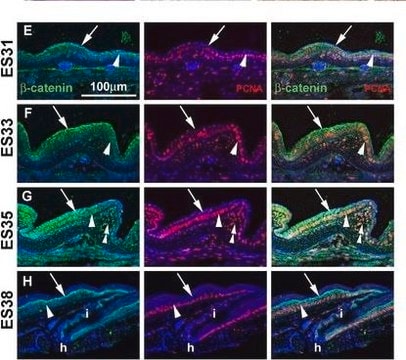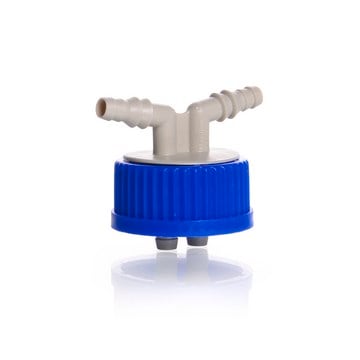702021
Tris[N,N-bis(trimethylsilyl)amide]yttrium
packaged for use in deposition systems
Synonym(s):
YTDTMSA
About This Item
Recommended Products
form
powder
composition
Y, 14.7-16.5% EDTA titration
reaction suitability
core: yttrium
mp
161-166 °C (lit.)
SMILES string
C[Si](C)(C)N([Y](N([Si](C)(C)C)[Si](C)(C)C)N([Si](C)(C)C)[Si](C)(C)C)[Si](C)(C)C
InChI
1S/3C6H18NSi2.Y/c3*1-8(2,3)7-9(4,5)6;/h3*1-6H3;/q3*-1;+3
InChI key
ALBMVGKOSBREQT-UHFFFAOYSA-N
Looking for similar products? Visit Product Comparison Guide
General description
Application
Signal Word
Danger
Hazard Statements
Precautionary Statements
Hazard Classifications
Flam. Sol. 1 - Skin Corr. 1B - Water-react 2
Supplementary Hazards
Storage Class Code
4.3 - Hazardous materials which set free flammable gases upon contact with water
WGK
WGK 3
Flash Point(F)
-9.9 °F - closed cup
Flash Point(C)
-23.3 °C - closed cup
Personal Protective Equipment
Regulatory Listings
Regulatory Listings are mainly provided for chemical products. Only limited information can be provided here for non-chemical products. No entry means none of the components are listed. It is the user’s obligation to ensure the safe and legal use of the product.
FSL
Group 3: Spontaneously combustible substances and water- reactive materials
Materials containing Organometallic compounds
Hazardous rank I
1st spontaneously combustible materials and water reactive materials
ISHL Indicated Name
Substances Subject to be Indicated Names
ISHL Notified Names
Substances Subject to be Notified Names
JAN Code
702021-BULK:
702021-VAR:
702021-10G:
Choose from one of the most recent versions:
Certificates of Analysis (COA)
Don't see the Right Version?
If you require a particular version, you can look up a specific certificate by the Lot or Batch number.
Already Own This Product?
Find documentation for the products that you have recently purchased in the Document Library.
Our team of scientists has experience in all areas of research including Life Science, Material Science, Chemical Synthesis, Chromatography, Analytical and many others.
Contact Technical Service![Tris[N,N-bis(trimethylsilyl)amide]yttrium](/deepweb/assets/sigmaaldrich/product/structures/867/983/5b7cb7cd-8879-49e4-a9d7-29c52aaa82a0/640/5b7cb7cd-8879-49e4-a9d7-29c52aaa82a0.png)









